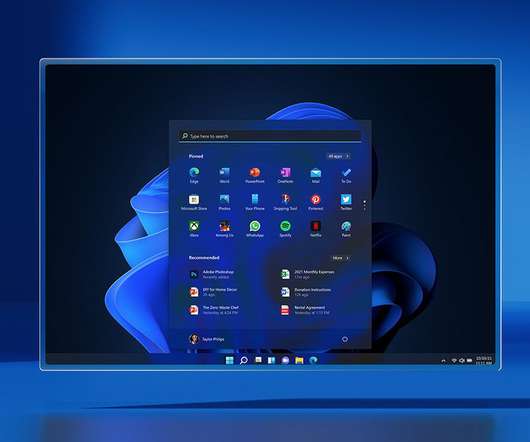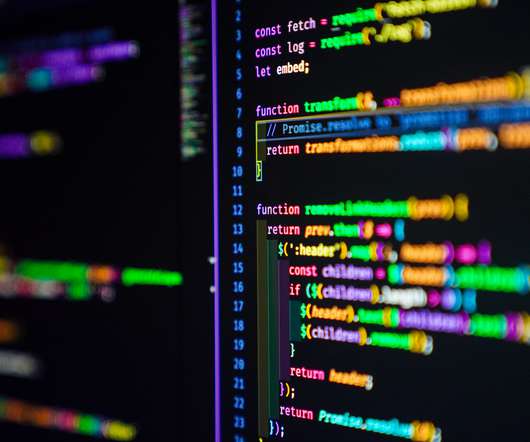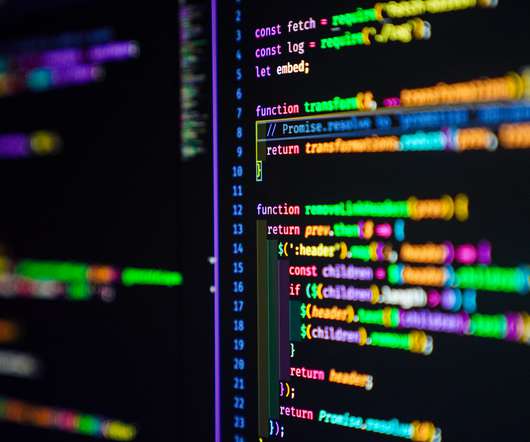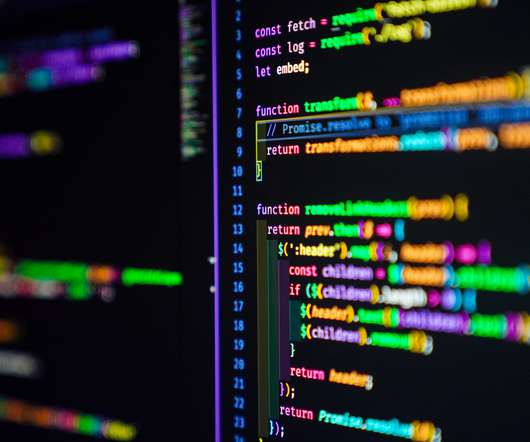Why Windows 11 is forcing everyone to use TPM chips
The Verge
JUNE 25, 2021
“Its purpose is to protect encryption keys, user credentials, and other sensitive data behind a hardware barrier so that malware and attackers can’t access or tamper with that data.”. chips have existed since 2011, but they’ve typically only been used widely in IT-managed business laptops and desktops. So it’s all about security.














Let's personalize your content